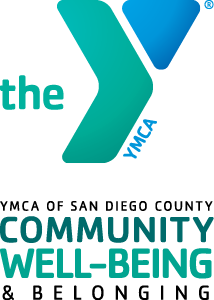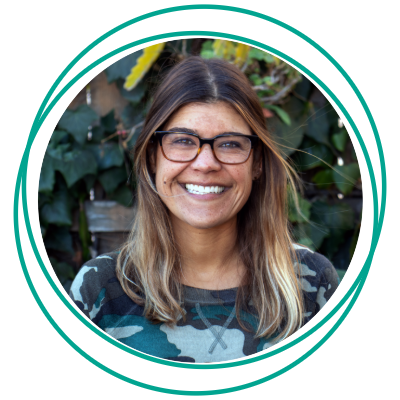BY: KRISTINA HALMAI-GILLAN, LMFT
Do you have a child or young adult in your life that you love? Does the current youth mental health crisis worry you? It certainly worries me.
Many of us are committed to helping the young people in our lives thrive and eventually lead meaningful lives. But let's be honest, it can get messy. As the saying goes, "there's no manual for raising kids", and it's true.
I'm not here to provide a manual, but I am taking some well-established truths from the field of Positive Youth Development (PYD) and sharing a few (hopefully easy) pointers to help guide you. Okay, maybe it's a little manual-ish?!
Think About Young People as a Whole
Let’s aim to nurture the overall well-being of young people, not just focusing on academic achievement or specific skills. It's important to recognize that young people are unique individuals with various needs, including the need for emotional support, social connections, and opportunities for growth.
Recognize and Build on Their Strengths
Let’s recognize and build upon the strengths, talents, and interests of young people. Instead of solely focusing on their weaknesses or problems, look at what they're good at and how those strengths can be further developed.
Encourage Positive Relationships and Support Systems
Let’s emphasize the importance of supportive relationships with caring adults, peers, and communities. These connections offer young people a sense of belonging, encouragement, and guidance, which are essential for their development.
Promote Positive Values and Behaviors
Let’s demonstrate positive values, attitudes, and behaviors such as empathy, respect, responsibility, and community engagement. This helps young people develop a sense of purpose and identity aligned with their values.
Provide Opportunities for Skill-building and Meaningful Engagement
Let’s provide young people with opportunities to develop important life skills such as effective communication, problem-solving, leadership, and resilience. Supporting their involvement in meaningful activities fosters personal growth and allows them to contribute to their communities.
Share Power in Decision-Making
Rather than expecting compliance, let’s encourage young people to take an active role in making decisions. This fosters independence, decision-making skills, and self-efficacy, empowering young people to make positive choices and eventually take ownership of their lives.
Let's face it, our kids are navigating a complex world with high expectations. The best thing we can do to help off-set the risks that they face is to practice prevention rather than intervention. By creating supportive environments and nurturing positive relationships with them, we can reduce the likelihood of negative outcomes. Again, there’s no manual and we’ll make mistakes. Let’s all commit to doing our best to focus on their strengths, provide support and guidance to them, and create opportunities for their growth. We owe it to them.
ABOUT THE AUTHOR
Kristina is a Licensed Marriage and Family Therapist, and serves as the Clinical Innovation Consultant for YMCA Youth & Family Services in San Diego. Kristina is particularly passionate about giving under-resourced youth the opportunities they deserve so that they can identify their interests, unlock their potential, and ultimately contribute to the greater good. She also supports staff development and believes in a relationally based workplace culture. Kristina has worked as a clinician for over 15 years in a variety of settings including residential and substance use treatment.
About YMCA Mental & Behavioral Health Services
At the Y, we pride ourselves on our holistic approach to mental and behavioral health. With over 50 years of experience, we're deeply committed to addressing the mental health needs of our community, particularly among children and youth. Our approach is rooted in evidence-based practices, ensuring that our interventions are effective and relevant. We understand that mental health is diverse and personal, which is why we offer a wide range of specialized programs and therapeutic supports tailored to meet the unique needs of each individual and family. Our comprehensive services include counseling, parent and caregiver support, workplace wellness initiatives, and programs that promote positive youth development. Through these offerings, we aim to build protective factors, reduce stress, and promote well-being for all. Learn more at www.ymcasd.org/mentalhealth.
LOOKING FOR MORE?
Here are additional articles and resources written by our YMCA mental health team.
ACTIVITY: Managing Our Emotions
Five Tips: Understanding Your Teen and Improving Your Relationship
Let's Talk about Compassion Fatigue
The Power of Positive Self-Affirmations
Raising Kids and Teens - a Manual-ish!
STRESS and the Therapeutic Value of Our Relationships



